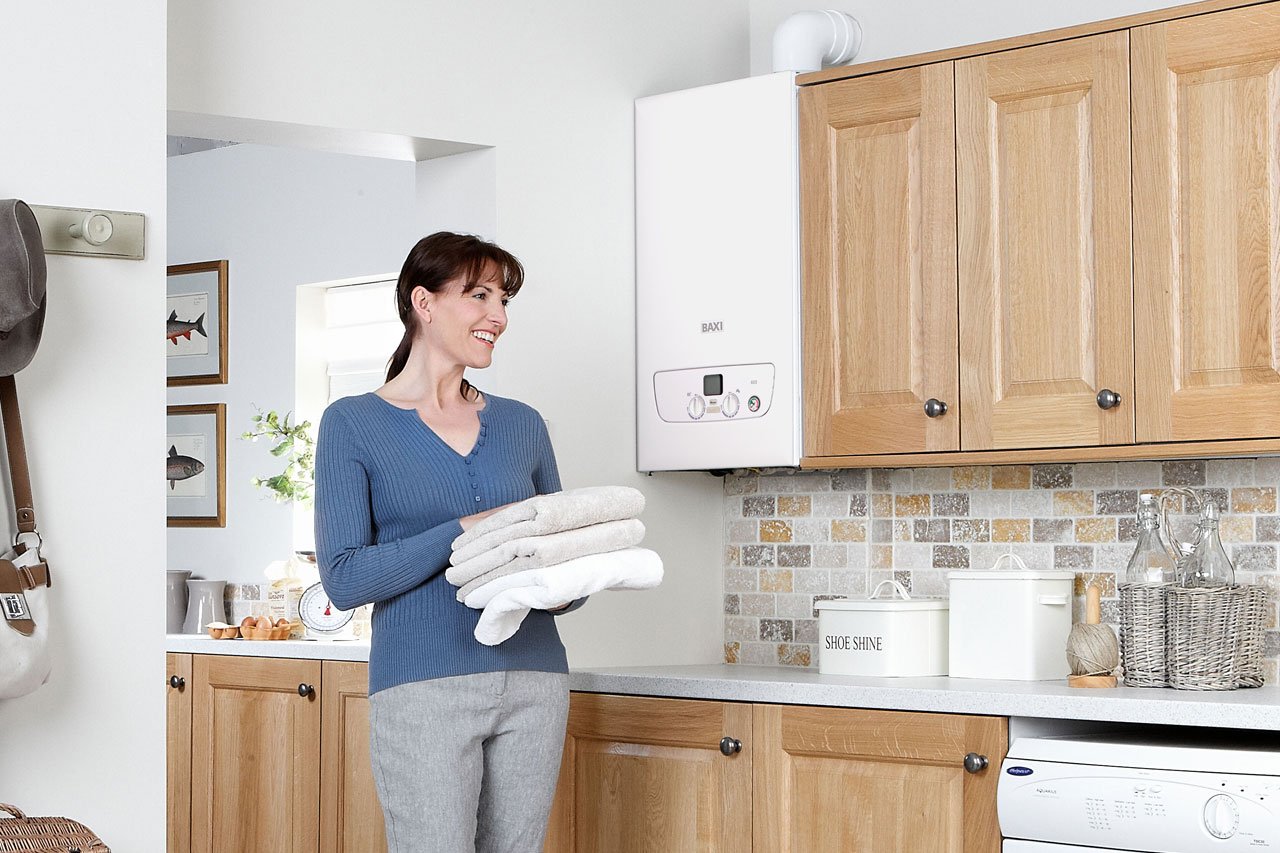Why is my boiler leaking?
If you’ve noticed your standard or combi boiler leaking, the first steps to take are to examine the boiler itself, and all surrounding pipework.
If you’re asking ‘why is my boiler leaking?’ You should check for the following:
- High boiler pressure
- An error code on your boiler
- Damp surfaces on or around the boiler
- Dripping beneath it
- Corrosion on the pipes
If you’ve taken a good look, and any of these issues are present, then there are steps you can take to help fix a leaking boiler, see our How-to Guides.
How old is it?
Boilers should last around 10 – 15 years. They need to be serviced every year, and you should look after it properly. Boilers lose efficiency over time. A 15-year-old boiler will be less efficient than a brand new one. This might mean your energy bills will be higher with an older boiler.
There are a few signs to watch out for that your boiler might need replacing. Here are some common ones:
- Your boiler frequently breaks down or needs repairs
- It takes a long time for radiators to warm up
- Low or high hot water pressure
- Hot water isn’t hot enough
- The boiler makes strange noises
- It keeps losing pressure
- Your heating bills are unexpectedly higher
If any of these are happening in your household, it could be a sign that your boiler's getting on a bit and might need replacing soon.




